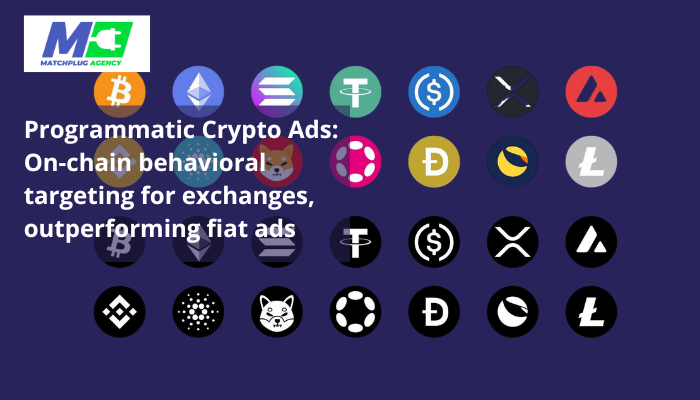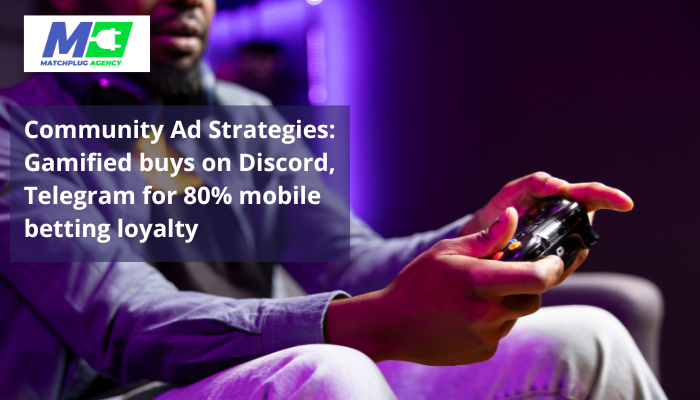The First-time deposit is a key metric for iGaming affiliates to track in their Google Ads, and understanding how it works is a key step in boosting it. As a gaming affiliate, there are a few things you could do to target players who are more likely to register and deposit funds at the first contact with your platform, and this article will teach you how to do so.
In this article, we will discuss what a first-time deposit is, how to calculate it, how it works, the pros and cons of using it as a Google Ads conversion goal, techniques for utilizing advanced targeting to boost first-time deposits, and the challenges associated with average first-deposit values.
Let’s begin.
What is a First-Time Deposit?
First-time deposit is a widely used acquisition metric in the gambling industry that shows the ability of your campaigns to turn leads into depositing customers.
How To Calculate First-Time Deposit
To calculate the first-time deposit, divide the number of unique visitors by the number of first-time deposits. The value of the first-time deposit and second deposit (if applicable) is a strong sign of the potential lifetime value of a customer.
How Does a First-time Deposit Work?
First-time deposit conversion rates for gaming brands can be low, sometimes less than 1 percent. This means that the acquisition costs for casinos can be hundreds of pounds for every player. Affiliates can charge up to $300 per real money player (RMP). Therefore, companies often attract customers through PPC and organic campaigns by offering VIP players large deposit bonuses.
Understanding the Pros and Cons of Using First-Time Deposit as a Google Ads Conversion Goal
When running iGaming Google ads, choosing to use first-time deposit as a conversion goal is a crucial decision that can significantly impact the outcome of your acquisition strategy. This section discusses the pros and cons of doing so for the gaming industry.
Pros
These are some of the advantages of using FTD as a Google Ads conversion goal.
1. High Player Quality
First-time deposit optimizes your campaign for players who are more likely to participate and engage with your platform.
2. Revenue Driven
It specifically targets players who are ready to financially commit and impact your objective directly.
3. Refines Users
FTD as a conversion goal helps affiliates refine their target for players who have a higher chance of turning into high lifetime value customers.
What are some of the cons of using a first-time deposit as a Google Ads conversion goal?
Cons
1. Longer Decision Cycle
Players might take longer to move from the registration to the deposit stage, which delays the campaign adjustment.
2. Ignores Users Who Just Register
FTD does not track users who registered but did not deposit, which might cost you information on why those players dropped off.
3. Lower Conversion Rates
Few users complete the deposit process, which causes smaller data sets for optimization.
How to Utilize Advanced Targeting Techniques to Increase First-Time Deposits on Google Ads
Affiliates have a lot riding on the success of their Google Ads campaign, especially in an industry as fast-paced as iGaming. Maximizing reach and targeting leads who are most likely to convert and deposit are the two best strategies for successful iGaming campaigns.
So, how do you use advanced targeting to increase first-time deposits on Google Ads?
1. Local Targeting
Targeting players in a specific location or country is the surest way to build a loyal fanbase that eventually turns into lifetime value customers. When targeting based on location, ensure the currency, gambling laws, licenses, and terms of engagement match those of the country you’re advertising in. Also, make sure the partner you’re advertising for isn’t banned in the country you’re campaigning in.
2. Engage Customers At Every Touchpoint
From the Google campaign to the landing page and sales page, ensure your customers are duly engaged at every touchpoint of your platform. This is especially important because if players feel for one second that they’re not being guided or their concerns are not addressed enough, they might have some reservations about depositing money.
An example of an engagement at a touchpoint would be adding a CTA or a form that collects both data and enquiries at once.
3. Explain How Partner Platforms Work
Since you’re an affiliate marketing gaming service for iGaming brands, it is important that you let leads know how the specific platform you’re campaigning for works. This is crucial because you don’t want your users to find out after they’ve signed up that the partner delays earnings, takes a percentage, or acquires their patronage under false pretexts. Remember, you are a brand as an affiliate, and you shouldn’t let someone else’s shady dealings affect your reputation.
4. Use A Lead Magnet To Draw In Users
A lead magnet is a small incentive you use to persuade sceptical leads to sign up on your platform. This could be first-time deposit bonuses, free spins, free bets, gaming guides, limited access to character skins and level-ups, or even a short demo on how to beat a tough game.
5. Collect Leads Information For Retargeting
Unlike offline customers who already know what they want, online visitors are much harder to convince and are often not in a hurry to participate. When you come across leads like that, the best thing to do is to use a form to collect their information for retargeting.
During that waiting period, you can send them more info about a game, remind them of the bonuses and incentives they stand to gain by depositing funds, and address any concerns they might have. You could also advertise a new game to pique their interest in your platform.
6. Get Certified
Everything we’ve mentioned from numbers 1-5 will not be possible if you do not first get certified by Google. We know Google Ads is strict and particular about the standards gambling operators must follow, but for a smooth campaign experience, you must read the network’s advertising policy on gambling and follow all the recommended steps. It is also a great way to avoid a ban on your advert.
Pitfalls for Average First-Deposit Values
Most iGaming companies tend to use the average value of a first-time deposit as a key performance indicator. You should avoid doing this, as there is nothing like an average customer, and the average is driven by a small faction of VIP players who deposit very large amounts.
Research has shown that the majority of customers (including players who turn VIP) only deposited the minimum required amount for their first deposit. Despite this information, gambling brands focus too much on the VIP players because they feel they can get a high portion of gross gambling revenues.
However, what most operators forget is that VIPs are just people who’ve stuck to a system that favours them and are not a fixed pool of players. Their loyalty changes, and they constantly move between different value segments. That is why it isn’t advisable to optimize your Google campaigns for VIP alone. Instead, target different customer segments and don’t get overly obsessed with VIP players.









